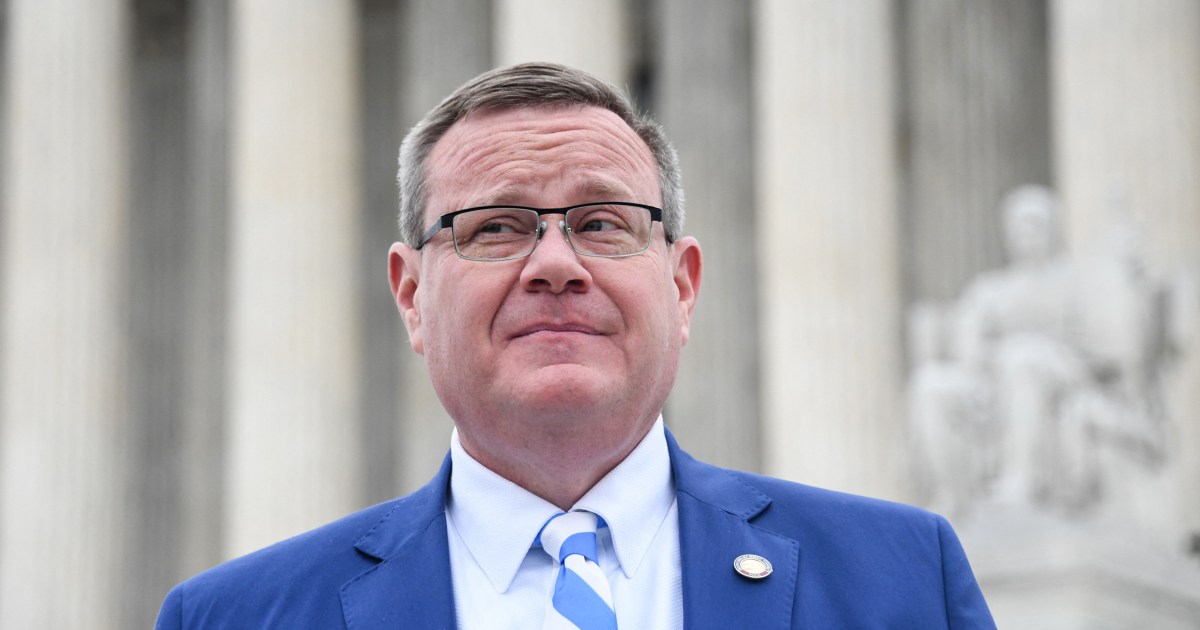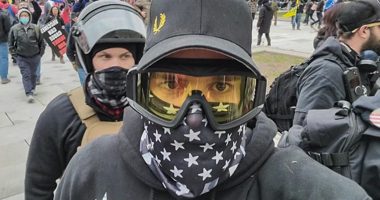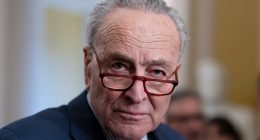
WASHINGTON — The Supreme Court on Thursday sought additional briefings in a major elections case from North Carolina, signaling it could sidestep a ruling on a broad theory that could upend election law nationwide.
The brief court order asked the parties involved to file new court papers on the impact of recent actions by the North Carolina Supreme Court.
The case before the justices, argued in December, concerns whether the North Carolina Supreme Court had the authority last year to throw out Republican-drawn congressional districts.
Since then, the North Carolina Supreme Court has flipped from Democratic to Republican control and the new majority has moved to revisit some of the earlier rulings. Most notably, the state court last month said it would reconsider whether the Republican-drawn districts were unlawful along with another case concerning voter ID. Oral arguments in the North Carolina court are scheduled for March 14.
Thursday’s order asked North Carolina Republicans, groups that challenged the maps, and the Biden administration to weigh in by March 20 on what effect the state court’s actions should have on the Supreme Court’s consideration of the dispute. The justices could potentially conclude that the subsequent developments in North Carolina means the case before them is now moot, meaning no decision is necessary.
The appeal brought by North Carolina Republicans led by Tim Moore, the speaker of the state House of Representatives, asked the U.S. Supreme Court, which has a 6-3 conservative majority, to embrace an obscure legal argument called the “independent state legislature” theory, which could strip state courts of the power to strike down certain election laws enacted by state legislatures.
The independent state legislature argument hinges on language in the Constitution that says election rules “shall be prescribed in each state by the legislature thereof.”
Supporters of the theory, which has never been endorsed by the Supreme Court, say the language supports the notion that, when it comes to federal election rules, legislatures have ultimate power under state law, potentially irrespective of potential constraints imposed by state constitutions.
In the ruling last year, the state court ruled that the 14 congressional districts — which Republicans drew to maximize the influence of Republican voters in a state strongly contested by both main parties — were “unlawful partisan gerrymanders.”
Source: | This article originally belongs to Nbcnews.com










